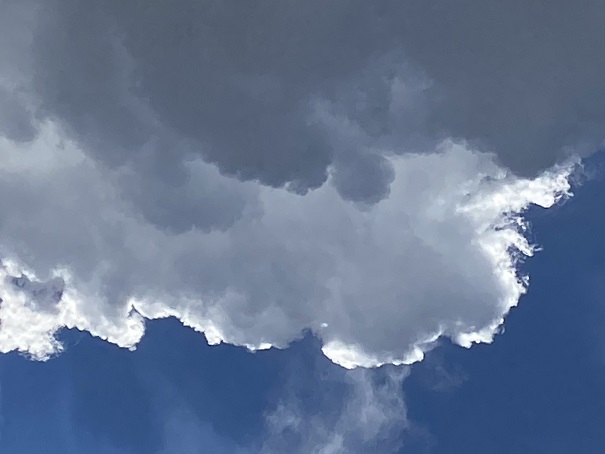The yoga tradition asserts that at essence we are each divine, yet this isn’t what most of us experience. Somehow we don’t know that, we’ve forgotten our hearts as we become entangled in our surface lives. One way this forgetfulness is expressed in the tradition is as avidyā. Vidyā means “knowledge,” and adding the negator a indicates that avidyā is a lack of knowledge, generally translated as “ignorance.” We are ignorant of who we are at essence.
YS 2.5 anitya-aśuci-duḥkha-anātmasu nitya-śuci-sukha-ātma-khyātir-avidyā
anityta: not eternal, impermanent, transitory
aśuci: impure
duḥkha: pain, sorrow
anātmasu: not-Self
nitya: eternal
śuci: pure, clear
sukha: happiness, joy
ātma: Self
khyāti: perception
avidyā: ignorance
Ignorance is confusing the transitory, impure, and painful not-self with the eternal, pure, joyful Self.
The Yoga Sūtras lists ignorance as one of the five kleśas, which are impediments or afflictions that are the underlying causes of suffering. Avidyā, or ignorance, is given as the primary ground from which the other kleśas are born (YS 2.4). Also, YS 2.5 indicates that ignorance leads to a fundamental confusion. Instead of experiencing the ātma/Self, which is eternal, pure, and joyful, we identify with the surface self (the an-ātma or “not-self,”), which is transitory, impure, and painful.
SS 1.2 jñānaṃ bandhaḥ
jñāna: knowledge
bandhaḥ: bondage
[Limited] knowledge is bondage.
A related way of thinking about this is that we’ve forgotten caitanyam ātmā (SS 1.1), “Consciousness is the self/ātma.” And in the Śiva Sūtra, immediately after proclaiming this highest teaching in the first sūtra, the next sūtra, SS 1.2, says, “Limited knowledge is bondage.” In his commentary, Kṣemarāja points to two ways this limited knowledge manifests, which is similar to what is outlined in YS 2.5. (Note the use of “ātma” in both YS 2.5 and SS 1.1.)
The first type of limited knowledge is thinking of ourselves in limited terms. Our everyday awareness thinks that all we are is our dance on the surface of life. We think the totality of existence is that part of the iceberg above the water. We are sucked into the daily drama of life and identify completely with it.
A second way knowledge is limited is not recognizing that we are in fact Consciousness itself. We don’t know ourselves as the ocean of Consciousness. We fail to penetrate beyond the surface awareness to discover the heart of who we are at the depths.
The teaching on ignorance is fundamental and prevalent throughout the tradition of yoga, and many others. Many mechanisms are posited for how this comes to be, which we will consider sometime in the future.
REFLECT AND EXPLORE
Give your definition of ignorance/avidyā.
Consider YS 2.5 and SS 1.2 and the two ways ignorance is described. Put these into your own words.
How do you see ignorance manifesting in your life?
How do you see ignorance manifesting in the world at large?


